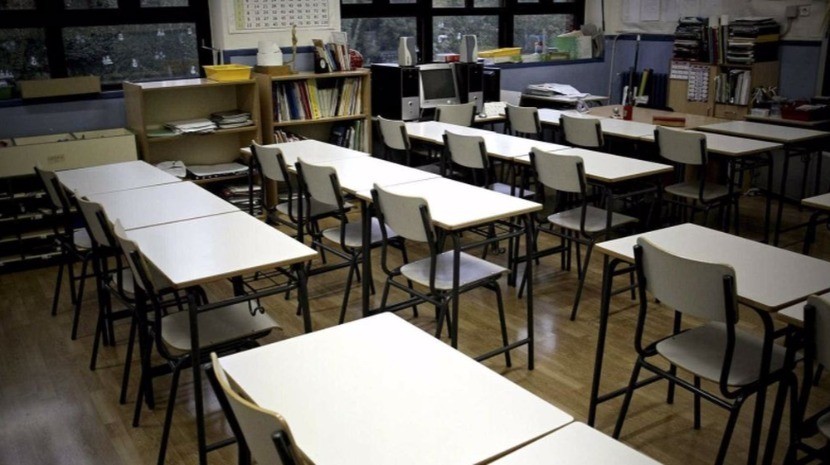The Government has approved a plan to improve learning that provides more support for foreign students, assesses reading knowledge, and recommends that mobile phones be prohibited or of limited use in schools.
The “Learn More Now” plan was approved on Friday by the Council of Ministers and provides for a set of measures that are in line with the “+ Classes + Success” plan, created to reduce the number of students falling behind in their academic studies, and with the new External Assessment model, in which 4th and 6th-grade students will take national tests.
There has been a trend of worsening school results since 2018, evidenced by the results in international studies, which the government believes it will be able to reverse with this new plan.
Among the measures approved today is the realisation of a national diagnosis of the reading speed of younger students.
The prevention of failure will also involve psychopedagogical tutorials and the involvement of retired teachers in learning support, who will have a role in mentoring young teachers and providing increased pedagogical support.
The new plan also focuses on foreign students, who have increased by 160% since 2018, providing support such as the investment in tutoring and the revision of the subject of Portuguese as a Non-Native Language.
The Government plans to hire linguistic and cultural mediators and review the subject of Portuguese as a Non-Native Language (PLNM), with the creation of a zero level, for foreign students not from the Community of Portuguese Speaking Countries (CPLP).
The diploma approved today by the Council of Ministers also brings the recommendation on smartphones released last month by Minister Fernando Alexandre, the MECI press office told Lusa.
The Government recommends that schools prohibit the use of mobile phones in the 1st and 2nd cycles and restrictions in the 3rd cycle, measures that are voluntary for schools to adhere to.
In the case of the 3rd cycle, MECI recommends the implementation of measures that restrict and discourage the use of mobile phones, and in secondary education, the students themselves should be involved in defining rules.
In this recommendation, exceptions are also foreseen, for example, for students with a very low command of the Portuguese language, since mobile phones can serve as a translation tool, or for those who “demonstrably benefit from smartphone features for health reasons.”
Another of the measures foreseen in the plan is to review, starting next year, indicators on dropout/early school leavers.
Samantha Gannon
info at madeira-weekly.com
Views: 1







